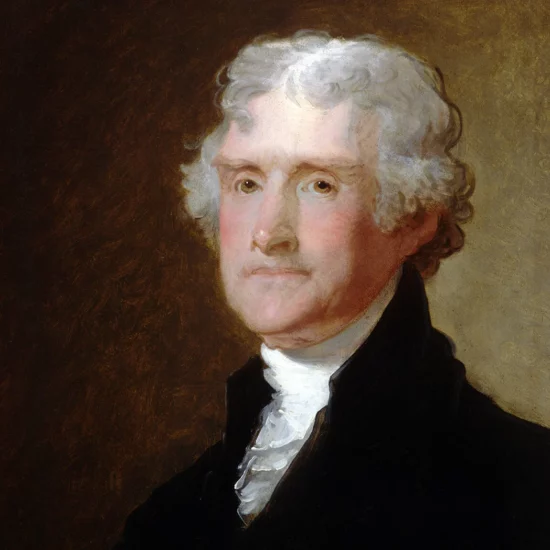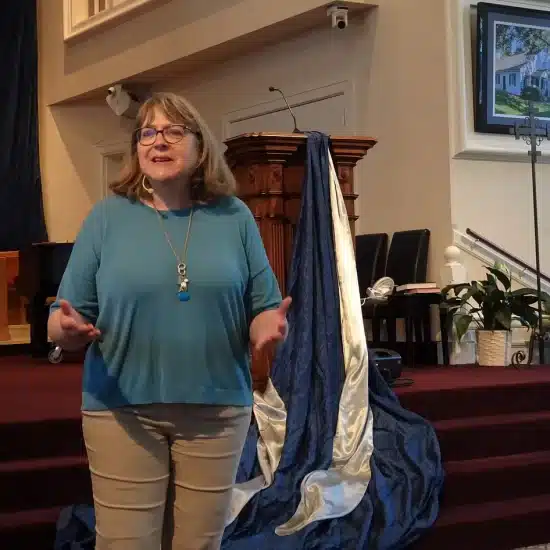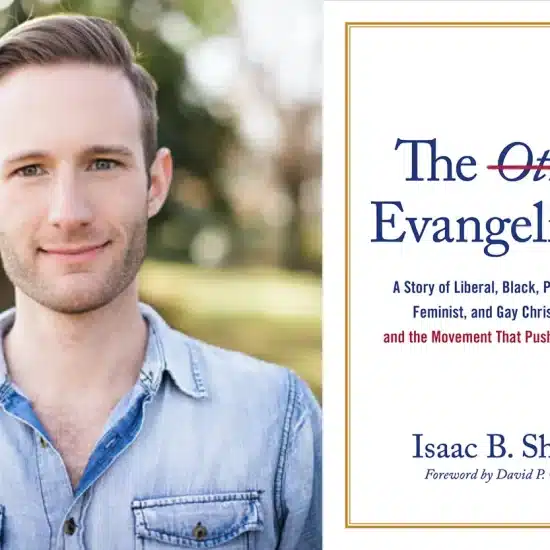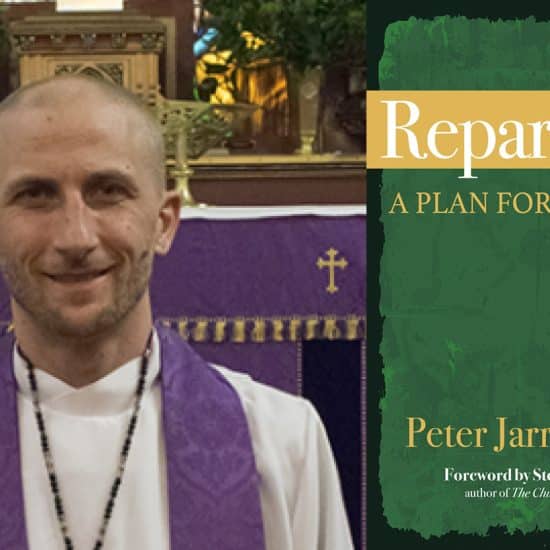By Bill Webb
Word&Way Editor
The Missouri Baptist Convention annual meeting was to be a historic celebration this  year, but the 172nd annual session will likely be most remembered for making history.
year, but the 172nd annual session will likely be most remembered for making history.
The historical celebration focused a few miles down the road in Jackson, the site of Old Bethel Baptist Church, where construction is nearing completion on a reproduction of the old log cabin meetinghouse next to a well-kept cemetery. The church — the first Protestant congregation west of the Mississippi River — would have been 200 years old this year had it not succumbed to a streak of anti-missionary fervor and died.
The annual meeting will be remembered for the news generated when Missouri Baptists gathered in the spacious Show Me Center meeting hall in 2006.
One of the bright spots was the appointment of 67 new missionaries by the International Mission Board and the signing of an agreement between Baptists in El Salvador and Missouri for a three-year partnership starting in 2007. One would be hard-pressed to find a Missouri Baptist who would not delight in both developments.
Nineteen churches voted out
This also will be the annual meeting in which the MBC credentials committee — functioning year-round for the first time — presented its recommendation to suspend cooperation with 19 affiliated churches over the issue of exclusive alignment with the Southern Baptist Convention and the Missouri Baptist Convention.
With the exception of a single church — Third Baptist of St. Louis — none of the 19 sent messengers to be unseated at the recommendation of the new committee charged with investigating single-alignment violations. The mood was business-like, quite a contrast from when the convention met in the same venue five years ago and unseated messengers from a single church, Second Baptist of Liberty.
That year, messengers from both sides of the political aisle caught themselves brushing aside tears as a small group of Liberty messengers walked to the front of the hall and turned in their messenger credentials. Unseating messengers — Baptist brothers and sisters — was no small thing.
This year, the vote followed a simple committee recommendation — it didn't even require a second — without a hint of discussion or objection. It was no more emotional than approving the convention preacher for next year's meeting. What a difference five years makes — 19 churches voted out with nary a whimper.
A representative of Third Baptist, pastor Warren Hoffman, appeared at a floor microphone for a point of personal privilege when the vote was complete. He wished the convention well, assuring the assembled body that his congregation would continue to pray for the MBC and requesting that messengers pray for his congregation.
President Ralph Sawyer thanked Hoffman for his sweet spirit. Otherwise the gesture was met with silence. A single messenger who had just been booted from participation graciously asked more than 1,300 other Baptists in the room to pray for his church and — apparently — no one flinched.
Some may say it is no big deal to cut loose these churches, but most have contributed liberally to the success of the convention for generations. Today, leaders of congregations that do far less land committee, trustee and officer positions, then claim offense when someone questions their congregation's record of missions support.
The politics of the convention
The convention has gained a reputation in recent years for courting politicos during the annual meeting, inviting U.S. Sen. Kit Bond two years ago, Gov. Matt Blunt last year and U.S. Sen. Jim Talent this year, just six days before Election Day.
The attention from powerful people in government obviously impresses convention leaders and messengers. Not so many years ago, such invitations would have been considered cautiously if, at all, lest grassroots Baptists or outsiders consider Missouri Baptists in any politician's — or any party's — hip pocket.
The church, the culture and the government still need to hear the prophetic voice of the people of God, but we Baptists run the risk of becoming mere voting blocks, taking our cues from politicians who praise us and political parties that court us. Such attention can be intoxicating.
And on the threat of Islam
Executive director David Clippard's comments on the threat of Islam were ill-timed and ill-advised. Even if his dramatic assertions that Muslims would soon take over the cities of America and bring death to Christians who refused to convert to Islam were true, his words served no good purpose.
The executive director acknowledged after his message that dissemination of his remarks could place volunteers, other Baptists and other Christians at risk. News reports of his message spread among wire services like wildfire, guaranteeing his words an international audience.
What also is short-circuited in the wake of such comments is the ability of individual Baptists to engage people of other faiths in a healthy exchange of religious ideas and convictions. One does not gain the privilege of such sharing by publicly disrespecting the religious beliefs of others.
Rev. Clippard has indicated that he consulted with a missions specialist before delivering his speech at the MBC annual meeting, and that he was not discouraged from addressing the matter of Islam in the way he did.
At this point, what is needed is an apology, not justification for his actions and comments. No one is asking Rev. Clippard to apologize for his own Christian convictions. But he has painted all of Islam with a radical brush and made comments that were ill-advised, ill-timed and terribly disrespectful.
This is a matter that should concern Missouri Baptists.






